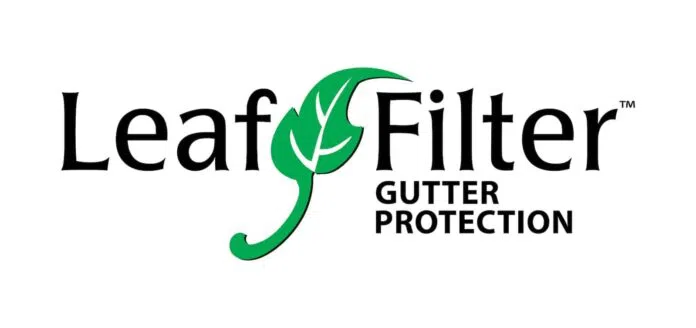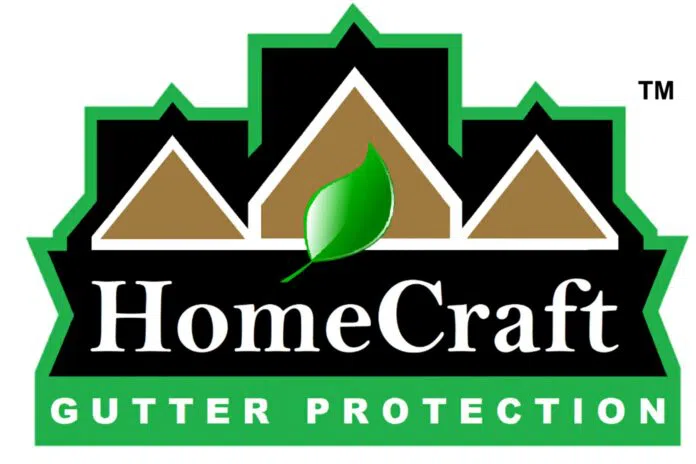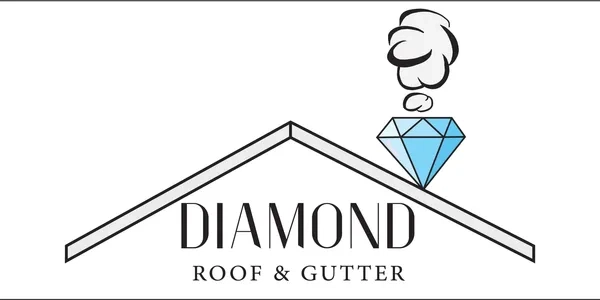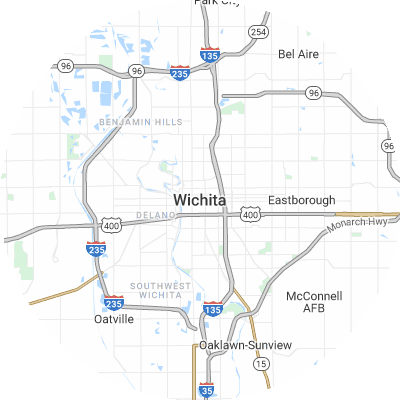Signs You May Need Gutter Guards
Gutter guards aren't required for all homes, but the signs of clogged and overflowing gutters are clear. Indicators of ongoing gutter troubles are:
- Frequent clogs that cause overflow and water to spill over gutters
- Leaky joints or seams where water leaks out of gutters
- Mold growth, interior wall stains, or peeling exterior paint on walls near gutters.
- Soggy ground or visible erosion around your foundation
- Visibly damaged, sagging, or misaligned gutters that no longer correctly direct rainwater
How To Choose a Gutter Guard Installer
Assess Their Experience
Look for an experienced gutter guard installation provider that has been in business for many years and has installed various guard brands and models. These companies know how to properly take measurements and handle the installation of gutter guards on your unique home setup. Ask how long they’ve been installing guards and request local referrals.
Verify Proper Licensing and Insurance
When speaking with potential installation companies, always confirm that they are properly licensed, bonded, and insured with both general liability and workers compensation protection. This protects you if any injuries or accidents occur. Request current licensing and insurance papers from potential providers.
Choose Reputable Brands
Look for reputable gutter guard brands such as Gutter Helmet and LeafFilter when selecting an installer. Avoid generic no-name or off-brand guards, which likely lack thorough testing.
Seek Custom Fit Services
For the best performance, gutter guards should have to be measured and fitted on-site to match your gutters. Select a company that takes custom measurements and trims guards for your home instead of using one-size guards. Correctly-fitted guards avoid debris-trapping gaps.
Examine Warranties
Leading gutter guard installers often offer 20-year or lifetime warranties covering clogs, rust, leaks, and other issues. When picking a company, look into the warranty details for both workmanship and materials guarantees. Warranties provide the most effective protection for your gutter investment.
Check Reviews and Referrals
Be sure to check online reviews on the Better Business Bureau (BBB), Google Reviews, Yelp, and other review sites to read about customer experiences. Ask neighbors to recommend quality local gutter guard companies. When researching providers, we'd recommend opting for companies with a track record of consistently good feedback instead of just one or two reviews.
Types of Gutter Guards
The six most common types of gutter guards are as follows:
- Foam guards are light and easy to install. Debris collects on the foam instead of in your gutter. Foam guards cost around $2.48 per linear foot.
- Brush guards are made of large brush bristles that sit inside your gutters, allowing water to pass through while catching debris. On average, you can expect to pay $4.07 per linear foot for brush guards.
- Screen guards have large holes that allow water to pass through while blocking debris. On average, you can expect to spend $4.77 per linear foot for screen guards.
- Mesh guards stop debris but allow water to flow through. Mesh guards have even smaller holes than screen guards. They're durable and let debris slide off as opposed to sitting on top of the gutters. Mesh guards cost roughly $4.43 per linear foot.
- Micro-mesh guards have even smaller holes than mesh guards and allow even less debris into your gutters than mesh. They are very effective. Micro-mesh guards cost roughly $5.48 per linear foot.
- Surface tension guards, also called reverse curve guards, use surface tension to let water flow into your gutters while debris slides off. Typically, they can be seen from the ground. On average, you can expect to pay $3.49 per linear foot for surface tension guards.














